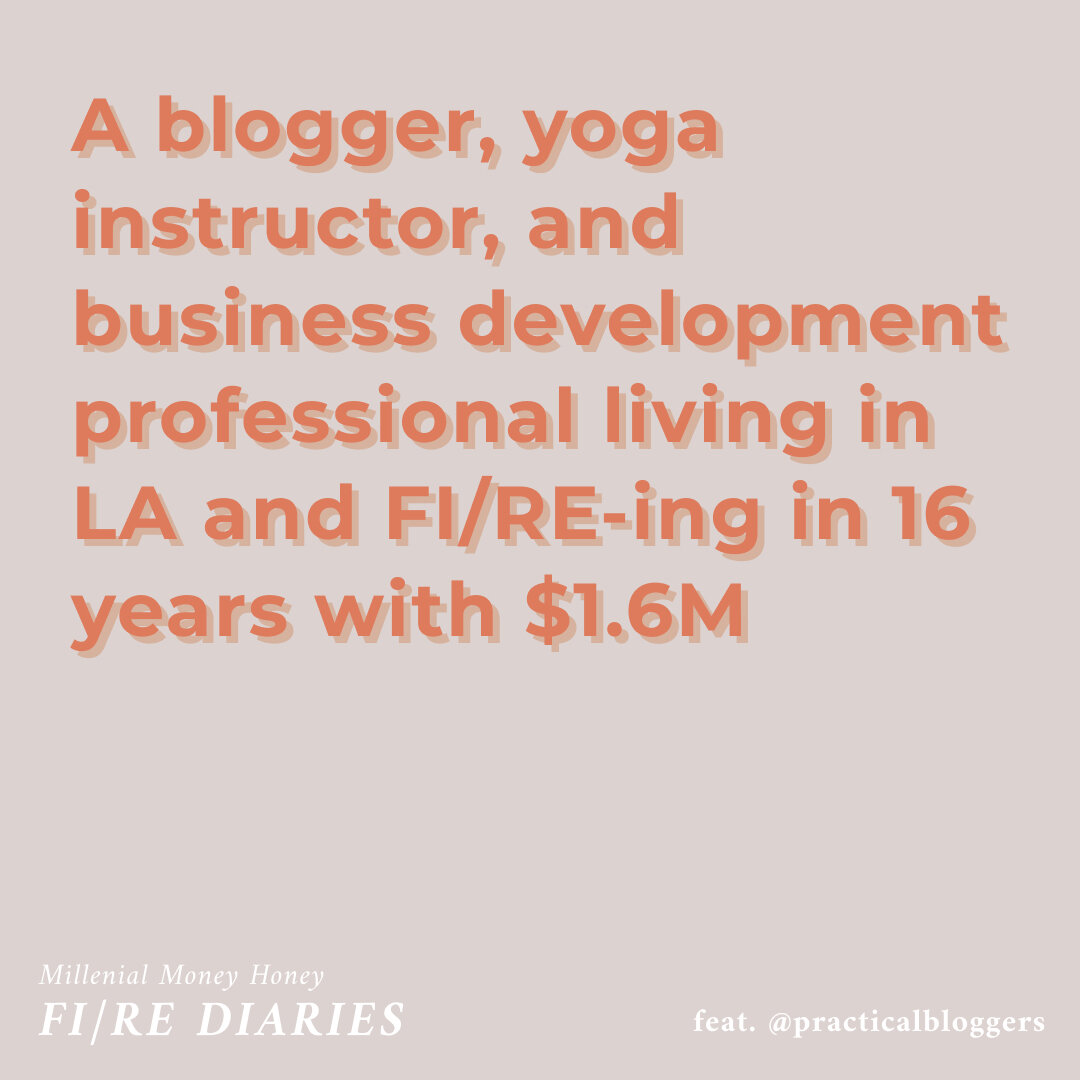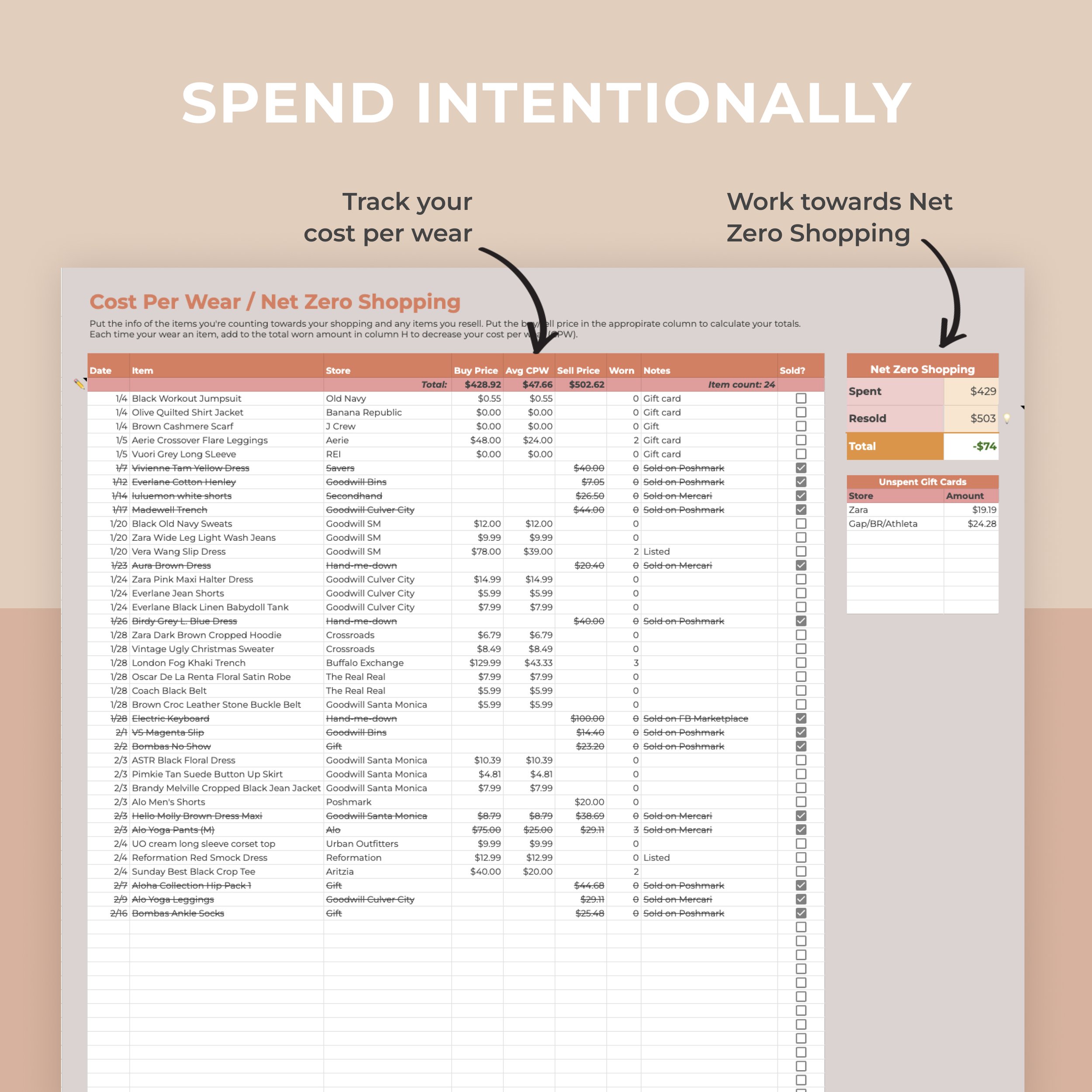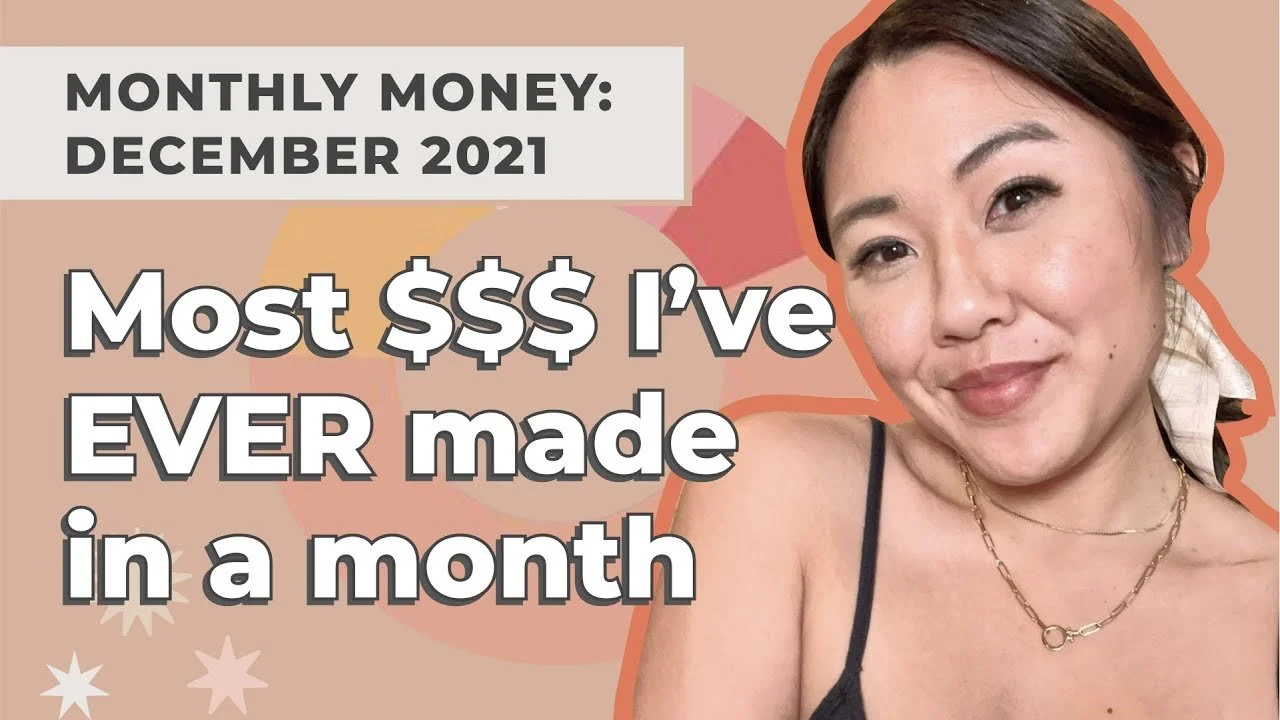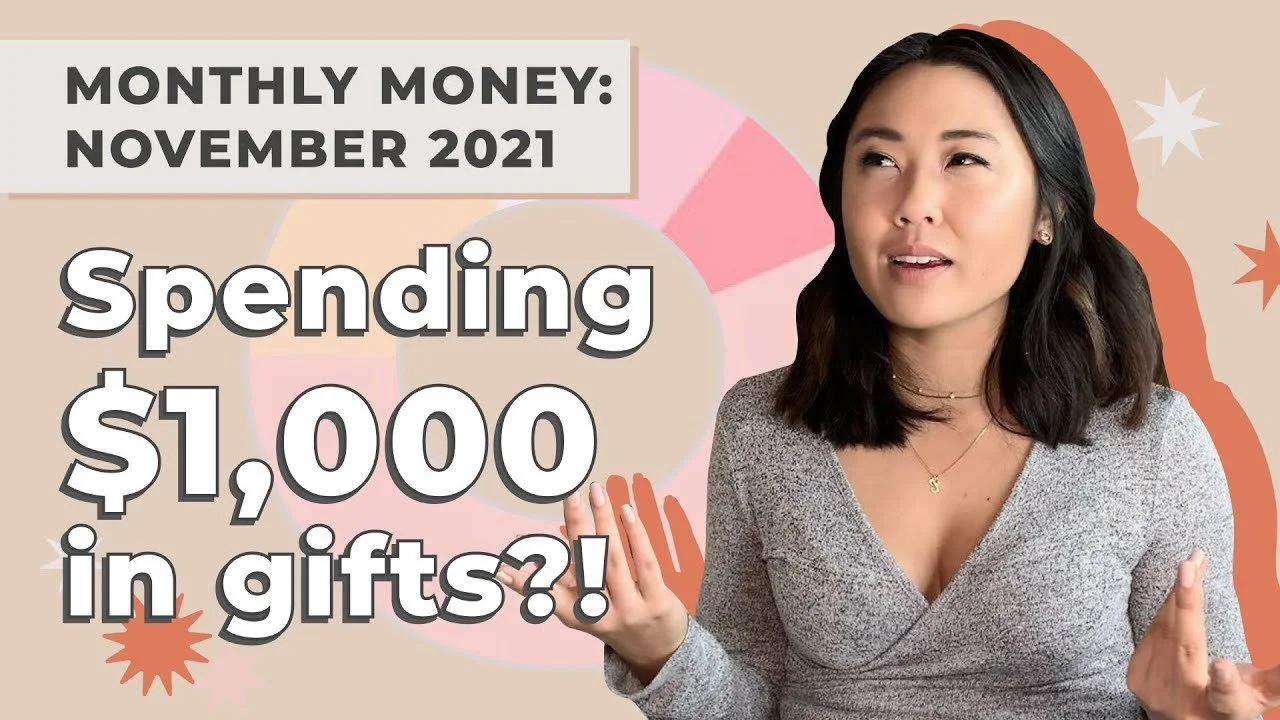Occupation: Product Manager
Industry: Technology
Location: New York City, NY
Age: 28
Salary: Between $220,000-$250,000 all-in (salary, bonus, profit-share)
Ethnicity: Asian/Pacific Islander
Education: Bachelors
Current financial situation: SINK, no kids, living alone
What was your first job? Why did you get it? How much did you get paid?
My first job was at thirteen, working at a deli about 30 minutes by bus from home in NYC. I made $6 per hour, and worked weekends (Friday-Sunday). I worked at a LOT of deli's and supermarkets from thirteen to about twenty.
My first "real" job out of college was working essentially as an enterprise customer service rep (they called it an "account manager", but basically the same thing) at a tech company, making $42,000 + $9,000 annual bonus. I found the company based on a tip from a girl I was dating at the time, and at twenty-two, I thought I was crushing life making that much money.
Growing up how did you learn about personal finance? Was money talked about openly? How did it make you feel?
We didn't speak about money openly at home, however I knew we were immigrants and my parents struggled to make headway. I worked from a very young age (13), so I was aware of the value of money. I didn't find out about investing and "real" personal finance until around the time I graduated from college, when I started reading online blogs about the topic. I think I was introduced through the r/personalFinance section on Reddit
What was the moment or event that made you realize you needed to start getting your money together?
In my last year in college, I read an article online from a blogger called Mr. Money Mustache that showed how you could retire in ten to fifteen years if you only control how much you spend and save.
He also broke down investing in a way that somehow just clicked. Before this point, I had no concept of the fact that you could invest money and have it increase in value for you!
I was hooked from then on. In fact, I saved ~76% of my base salary that first year out of college through a combination of side hustles (that produced ~$16K that year) and bare-bones college student-level expenses.
Let’s Talk Money
Net Worth: Around $450K. $430K is in investments, $20K is cash on hand, no real liabilities.
Debt: N/A
Monthly Expenses: Rent: $1900; Utilities: $113; Gym: $25; Subscriptions (biz+personal): $125; Food/Drinks: $350; Gas/Parking/Auto: $200; Travel: $100; Shopping/Misc.: ~$250; Comes out to ~$3,000-$3,100 per month.
My "giving" budget (includes donations, gifts, family support) is another $2,800 per month; the remainder (~$5,300-5,500) goes to investments or savings
Any bonuses usually go to savings.
Savings Rate: I will save between $85,000-$90,000 this year; that's ~50% saving rate from my take-home pay
Investing strategy: Mostly stock investing across low-cost index funds. My allocation is ~97% stocks, 3% bonds; 80-20% US-International. Around 8% of my investment total is in individual stocks (mostly in the media and tech sectors).
Your FI/RE Story
FI/RE number: Around $1.8M at a 4% SWR; should get there in the next 7-9 years, depending on income increases and if I can finally psych myself into real-estate investing/renting.
FI/RE type: Regular FI/RE
Years until FI/RE: 7-9 years, depending on income increases
FI/RE location: New York, for now, because that's where I live and my family are. That could change though.
How did you first hear about FI/RE?
In 2015, I stumbled upon the r/personalFinance subreddit and that led me to find the Mr. Money Mustache blog, and I was hooked from there.
Why do you want to reach Financial Independence/Retire Early? What keeps you motivated on this long journey?
To be honest, I don't have a strong personal reason outside of wanting financial independence and changing my family legacy. I don't hate my job (although it does get stressful), and I enjoy _working_, so I probably will end up continuing to work even past my target FIRE "number."
What's more likely to happen is as I get closer to the FIRE number, I'll start to be a bit more discerning about the jobs I take, weighing personal satisfaction a bit higher than monetary value maximization.
In what ways have you cut back your spending? In what ways have you started mindfully spending more?
I've been more mindful about keeping a budget and not tying money down to monthly fixed costs or liabilities that sneak up on you. Last year, I found $150 of monthly costs that was going to subscriptions I wasn't using -- that's like a $3,000 pre-tax annual pay-cut I was giving myself, just because I was too lazy to go through my credit-card statements!
Outside of the fixed costs, I've also tried to keep my food and entertainment budget fairly low. I'm aiming to spend around $300-350 per month on food (including groceries and eating out), although I'm not perfect at this.
What do friends and family have to say when you tell them your plan to achieve FI/RE? Are they supportive?
I haven't told my family, or spoken about it broadly with friends. I think I have an idea of which of my friends are on a similar path as me, and which are less concerned about money.
Are you doing anything to achieve FI/RE faster?
Not really. I'm spending my money pretty liberally, but I don't have that many big expenses. The biggest levers I've got to save more or FIRE faster are: 1) decrease my giving budget (which I'm not planning on doing; in fact, I've actively set a goal of giving $15,000 more this year than I did last), or 2) making more.
The lever I choose in the long run is making more, but I'm trying not to be so stressed about it.
What does retiring early (or financial independence) mean to you? What will you do once you FI/RE?
I'll probably start coasting once I get closer to my FIRE number and taking more meaningful projects, as well as focusing on consulting a bit more. Post-FIRE, I don't have plans yet, but I'm focused on the FI part, rather than the RE part :)
FI/RE Advice
Any advice you'd give to someone who wants to pursue FI/RE, especially if it seemed hard or unattainable?
Yes. I could give a tons of tactical advice, like how to reduce rent or save costs on dates (and I will on my YouTube channel - 20-Something Finance POC), but the biggest drivers to success I've found are getting over your limiting beliefs.
I've heard a lot of my friends and peers (even those fortunate enough to be making serious cash) complain that saving is out of reach. Step one is to look around and see that there are people at every income level and family background that have made positive financial decisions and are getting ahead. We can often learn a lot just by seeking others in our position that are doing well, and following what they're doing. It's not easy, but often the hardest part is deciding to make a change.
Beyond the mindset, I can't recommend generosity enough. I've never found myself less fortunate or poorer as a result of generosity - in fact, I find things tend to most go my way when I'm generous with my time and money.
What is the biggest thing you learned about money on this journey?
Automate saving and pay your future self first. That means: - Investing in a 401K so you pay yourself before money even hits your bank account - Set up an IRA account with Vanguard or Fidelity - Set up monthly $100 (or w/e you can afford) automatic transactions to your IRA account for the day after you get paid -- again, get in the habit of paying yourself first.
The second-biggest thing I learned was to go through your spending every month. Even if you're not keeping a strict budget, it's helpful to see where your money is going, and if that matches your priorities.
Have you made any money mistakes or learned any lessons on the way that you wish you knew before?
Yes. I invested in Bitcoin in 2018 because everyone was getting into it. I lost $10,000 that year on cryptocurrencies when everything crashed. I've promised myself from then on that I wouldn't invest in anything that I didn't understand, or invest out of FOMO. Expensive lesson, but a valuable one.
What are your favorite FI/RE resources that you'd recommend to someone just getting started?
Mr. Money Mustache forums
There are a lot of smaller YouTube creators out there that are awesome as well:
I tend to find it helpful to learn from folks that are still on their journeys, and that check in monthly on their expenses. So much so that I was inspired to create my own channel as well. There's a lot of really good content out there!

















